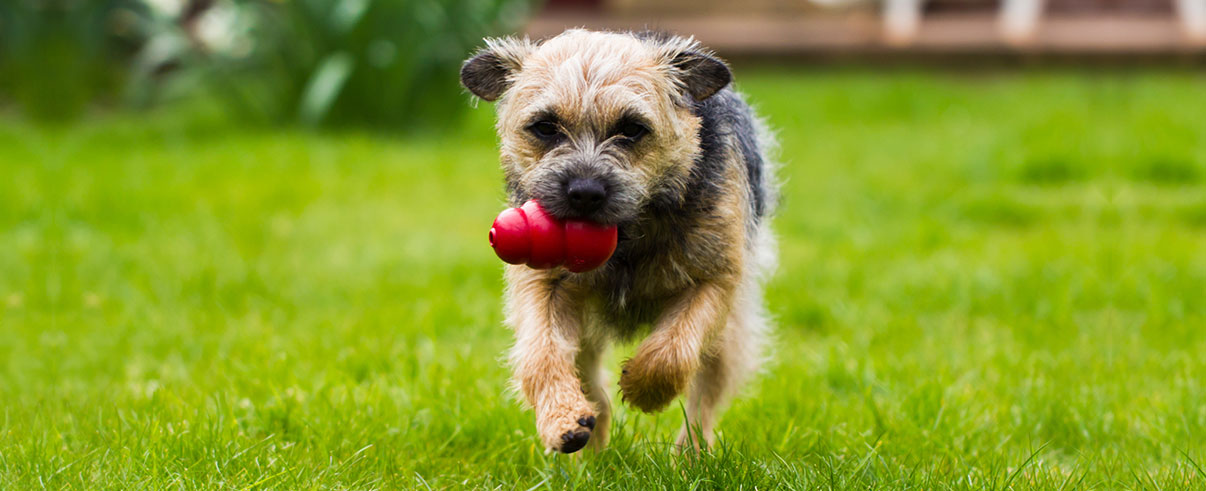Dogs with itchy skin may be treated at home if the trip to the clinic is impractical. Home cures include colloidal oatmeal baths, coconut oil, and baking soda. It’s crucial to address the underlying cause, whether it’s an allergy, flea bites, or an autoimmune illness, even if you can provide some relief by natural remedies for itchy dogs.
When Is the Best Time to Take Your Pet to the Vet?
Your dog’s mild itchiness may not be an indication of severe illness. Still, you should see your veterinarian immediately if you notice additional symptoms like excessive itching, trouble getting comfortable, restlessness caused by itching, a decreased appetite, or a sad mood. A severe, persistent itching must be treated to prevent new open lesions and infections in the skin from forming. Your veterinarian will employ the proper treatment based on the underlying reason.
Baths with Colloidal Oatmeal
While it may seem strange to use a colloidal oatmeal bath to relieve your dog of itchy skin, this natural therapy’s anti-inflammatory and anti-allergenic properties are well-documented. It doesn’t matter whether you purchase pre-made colloidal oats or crush plain, sugar-free oatmeal into a powder yourself; colloidal oatmeal’s anti-inflammatory characteristics may help alleviate redness, swelling, and irritation, as well as calm your dog’s heated, inflamed skin, regardless of the method used. 1 When it comes to oatmeal, it’s entirely safe for your dog, so you don’t have to worry about it.
The Oil of the Cocos Nucifera
Cooled, solidified coconut oil may help alleviate the symptoms of dermatitis, allergies, infections, and even insect bites despite the debate surrounding coconut oil and heart health when rubbed into a dog’s hair and skin. When purchasing coconut oil, check for phrases like “organic,” “unrefined,” or “virgin” on the label to ensure you’re getting the best quality product. Add a tiny amount to your dog’s food to get the most of your coconut oil, but always check with your veterinarian before making any dietary changes.



